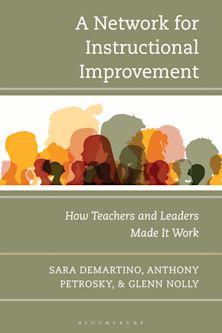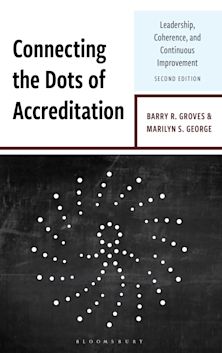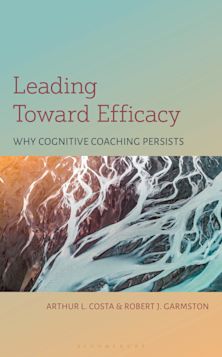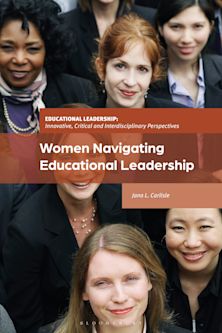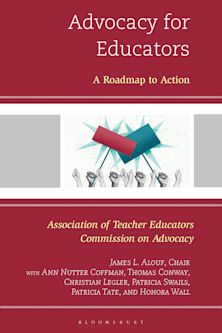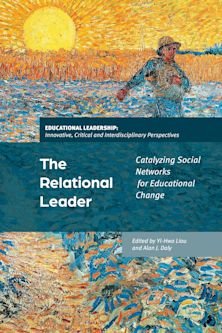New Explorations for Instructional Leaders
How Principals Can Promote Teaching and Learning Effectively
New Explorations for Instructional Leaders
How Principals Can Promote Teaching and Learning Effectively
Description
The existing literature on instructional leadership mainly examines the components, procedures, and mechanisms of instructional leadership and its influence on school performance and student academic results. The application of instructional leadership is insufficiently discussed. Moreover, despite longstanding efforts to campaign for instructional leadership’s prioritization, several studies have shown that the time devoted by principals to instructional leadership activities is inadequate. These disappointing statistics make the research on instructional leadership application most necessary. Why do principals find it difficult to put instructional leadership into action? What can help them overcome the challenges involved in applying instructional leadership? What functions of instructional leadership do school leaders tend to sidestep? New Explorations for Instructional Leaders: How Principals Can Promote Teaching and Learning Effectively answers these questions and addresses the need for additional research-informed literature on instructional leadership application. The findings of Haim Shaked’s studies, conducted over the past five years among principals working in the Israeli school system, are presented in this book in a way that can be used by researchers, policymakers, school leaders, and educators in different countries.
Table of Contents
List of Tables
Foreword
Preface
Acknowledgments
Series Editor’s Introduction
Introduction: What is Instructional Leadership?
Part I: Enablers of Instructional Leadership Application
Chapter 1. Knowledge Enabling Instructional Leadership Application
Chapter 2. Relationships Enabling Instructional Leadership Application
Chapter 3. Systems Thinking as an Enabler of Instructional Leadership Application
Part II: Inhibitors of Instructional Leadership Application
Chapter 4. Perceptions Inhibiting Instructional Leadership Application
Chapter 5. Clan Culture as an Inhibitor of Instructional Leadership Application
Chapter 6. Low Power Distance as an Inhibitor of Instructional Leadership Application
Chapter 7. Inhibitors of Instructional Leadership Application in Rural Education
Part III: Incomplete Application of Instructional Leadership
Chapter 8. Principals’ Incomplete Performance of Teacher Evaluation
Chapter 9. Principals’ Incomplete Assurance of Teachers’ Job Suitability
Chapter 10. Assistant Principals’ Incomplete Application of Instructional Leadership
Part IV: Paradoxical Solutions to Instructional Leadership Application
Chapter 11. A Paradoxical Approach to Instructional Leadership Application
Chapter 12.A Paradoxical Approach in Practice: Instructional Leadership Application and Boundary Management
Epilogue: Answering the “So What?” Question
About the Author
Product details
| Published | Oct 17 2022 |
|---|---|
| Format | Ebook (PDF) |
| Edition | 1st |
| Extent | 194 |
| ISBN | 9798216242154 |
| Imprint | Rowman & Littlefield Publishers |
| Illustrations | 1 b/w illustration; 2 tables |
| Series | Bridging Theory and Practice |
| Publisher | Bloomsbury Publishing |
Reviews

ONLINE RESOURCES
Bloomsbury Collections
This book is available on Bloomsbury Collections where your library has access.













